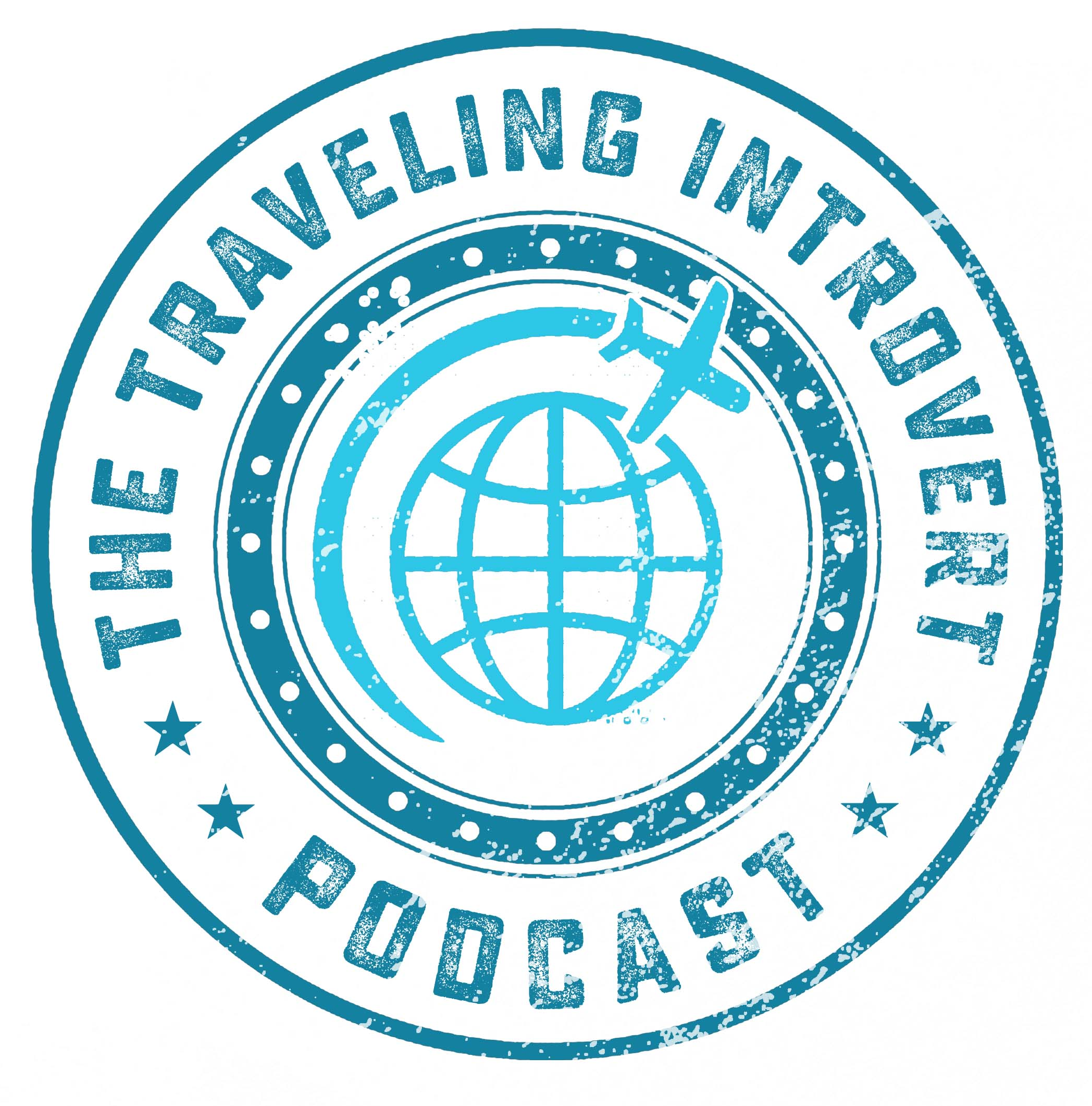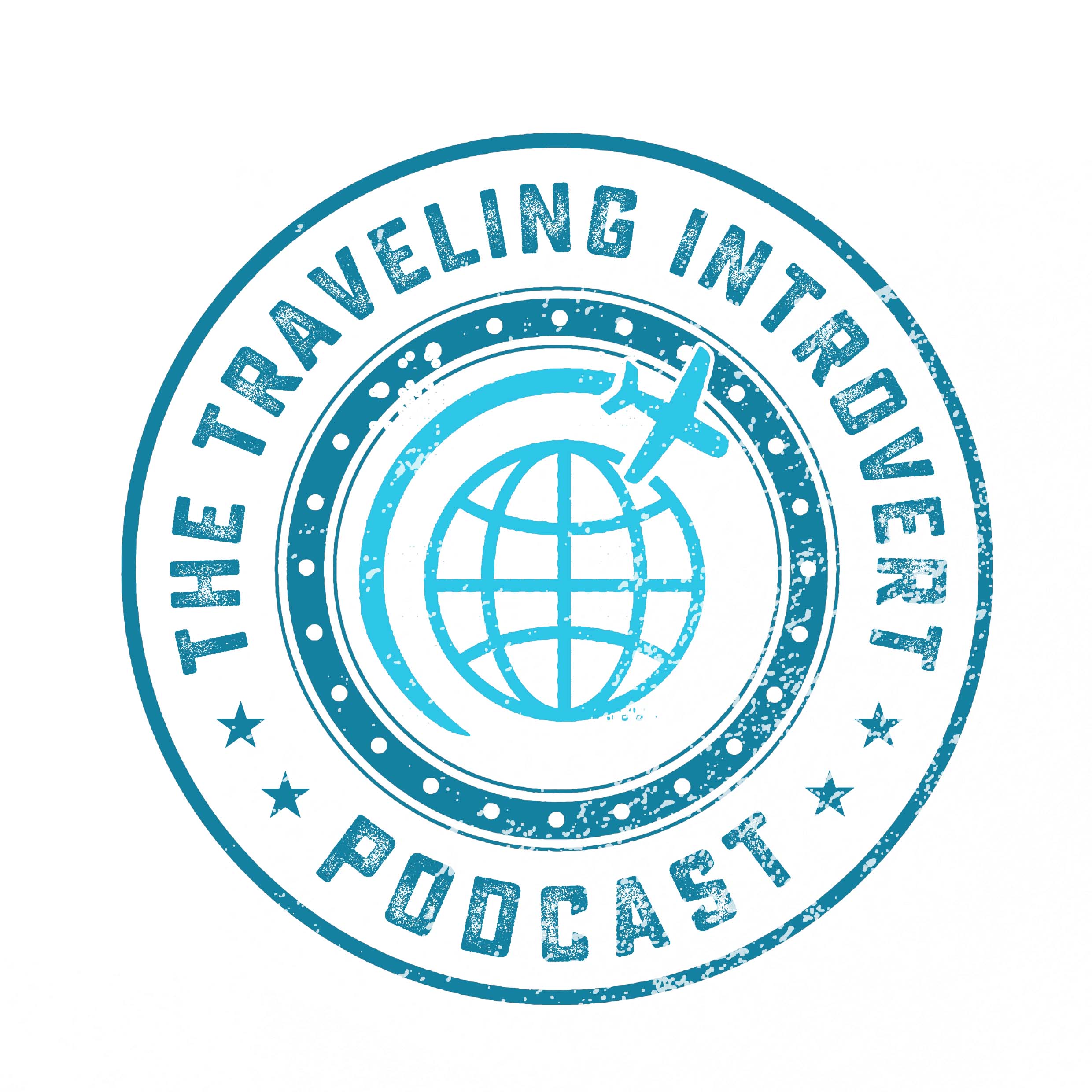Episode 322
Managing Energy: Strategies for Introverts to Prevent Burnout
In this episode of "The Traveling Introvert" podcast, host Janice explores the significance of finding the right balance between social interactions and alone time to prevent burnout in introverts. Janice emphasizes the importance of self-awareness in recognizing personal limits and understanding energy levels. She encourages introspection and reflection on past experiences to identify strategies that work best for each individual. Janice highlights the importance of prioritizing self-care and engaging in activities that bring joy and rejuvenation. Setting clear boundaries and communicating them effectively is crucial for maintaining mental well-being. By finding the right balance and understanding energy dynamics, introverts can prevent chronic burnout and thrive in their personal and professional lives.
- Importance of finding the right balance between alone time and social interactions
- Recognizing personal limits and understanding energy levels
- Differentiating between energizing and draining social interactions
- Prioritizing alone time for restoring energy and maintaining mental well-being
- Self-care activities that bring joy, relaxation, and rejuvenation
- Assessing the effectiveness of different strategies
- Reflection on past experiences and understanding what works and what doesn't
- Flexibility and adaptability in recharging and setting boundaries
- Considering alternative methods for recharging when preferred options are not available
- Chronic stress and burnout resulting from consistent lack of proper recharge and boundary setting
- Strategies for making conferences less draining
- Spending one-on-one time with someone
- Staying at the conference hotel
- Setting clear boundaries and communicating them effectively
- Consistency and considering external factors in maintaining balance
- Differentiating between social anxiety hangover and burnout
- Understanding energy dynamics and their impact on finding the right balance
- Recognizing that not all social interactions are draining; some can actually recharge introverts
- The impact of different types of friends on energy drain or recharge during social interactions.
Transcript
Hello and welcome to the traveling introvert. Today I want to
Speaker:talk about finding the right balance between
Speaker:social interactions and alone time to prevent
Speaker:burnout in introverts. And I'm not talking about
Speaker:that sort of social anxiety hangover that you get
Speaker:where, you know, you just hit a wall and you can't talk to anyone, talk
Speaker:to anyone anymore, and you just want to go and recharge.
Speaker:I'm talking about burnout, that burnout
Speaker:where nothing is fun anymore, that burnout
Speaker:where getting out of bed is hard, that burnout that is
Speaker:chronic to having ongoing stress
Speaker:that is detrimental to your health and your life and your
Speaker:career. And so one of the really most important
Speaker:things about realizing these particular
Speaker:points and finding the right balance between social interactions and alone
Speaker:time as far as preventing burnout is concerned is the first thing is
Speaker:really understanding the energy dynamics that you have.
Speaker:What social interactions can be draining?
Speaker:What social interactions actually recharge you? Because
Speaker:not all social interactions are draining, contrary to
Speaker:popular belief. You will find that maybe
Speaker:sitting in a
Speaker:park with a friend brings you joy and helps you
Speaker:recharge. Depending on the friend, maybe you'll find one friend more
Speaker:draining than another. So finding the right balance
Speaker:ensures that you have enough alone time to recharge
Speaker:and therefore prevent burnout. Figuring out which social
Speaker:interactions do what to you and how you should
Speaker:recharge from said social interactions is really important.
Speaker:And along with that and part of that is
Speaker:self awareness. Recognizing your personal limits
Speaker:and understanding your own energy levels is crucial.
Speaker:You need to prioritize alone time or recharge
Speaker:time to restore your energy and therefore maintain mental well
Speaker:being, which in turn will help prevent burnout. And
Speaker:a lot of the time I will speak to introverts, and they know that they're
Speaker:introverts, so they're self aware of that,
Speaker:but they're not aware enough of their energy
Speaker:management and what that looks like. They might make
Speaker:assumptions about certain things. And even if, oh, they went to
Speaker:a conference and they found it exhausting, the never look back and sort of
Speaker:introspect of why it was exhausting, they make assumptions a lot of the time,
Speaker:and those assumptions are detrimental because making assumptions that just
Speaker:going to a conference is what's draining isn't necessarily the case. It could be
Speaker:the overstimulation, it could be the networking events. But if you went to
Speaker:a conference where you got to spend a lot of one on one time with
Speaker:somebody, maybe you wouldn't find it as draining. Maybe if you had a conference where
Speaker:you were staying at the hotel, that where the conference was, so you weren't trying
Speaker:to run them back and forth from your airbnb, that you could pop up at
Speaker:any time, maybe the conference wouldn't be as draining. But if you
Speaker:don't do a retrospective, if you don't reflect and you don't think
Speaker:about, hey, what things make me tired
Speaker:in certain situations, then you will never know, because
Speaker:you're going to be basing all your
Speaker:transactions on data that isn't true. You need
Speaker:to look at the data. And so part of this
Speaker:is setting boundaries, clear boundaries around social
Speaker:engagements and alone time makes sense. Communicating those boundaries we also
Speaker:know makes sense. But to make sure that you are consistent with it and
Speaker:to make sure that you also think
Speaker:about maybe the time of year or what's going on. Have some
Speaker:flexibility and adaptability built in there. Of course, there are
Speaker:times when you won't be able to get that downtime that you
Speaker:need. You won't be able to recharge in quite the way that you
Speaker:want. And so you might need to think of a different
Speaker:way of recharging, a different way of claiming back your space, a different
Speaker:way of setting boundaries, so that then you can engage in
Speaker:meaningful social interactions. It's fine if
Speaker:you don't always get to do things in the way that you would want. But
Speaker:if it is something that ends up happening all the time, that
Speaker:is when stress builds up. That's when it becomes chronic and that's when it
Speaker:becomes burnout. So finding the right balance
Speaker:between your social interactions, the types of social interactions,
Speaker:how you recharge from them, is
Speaker:really crucial. But also, looking back at what
Speaker:you've done previously, what worked, what didn't work, what surprised you,
Speaker:did you try something different? And what that
Speaker:looked like? Was it short term, long term, medium term? And all
Speaker:those things combined? And all of this is really
Speaker:just a form of self care for introverts. So
Speaker:prioritizing yourself and the way that you recharge.
Speaker:Engaging in activities that bring joy, relaxation, and rejuvenation
Speaker:is key for everything else. So make
Speaker:sure that you put yourself first. Thank you for listening. This is
Speaker:Janice@thecareerintrovert.com helping you build your brand and get hired.



